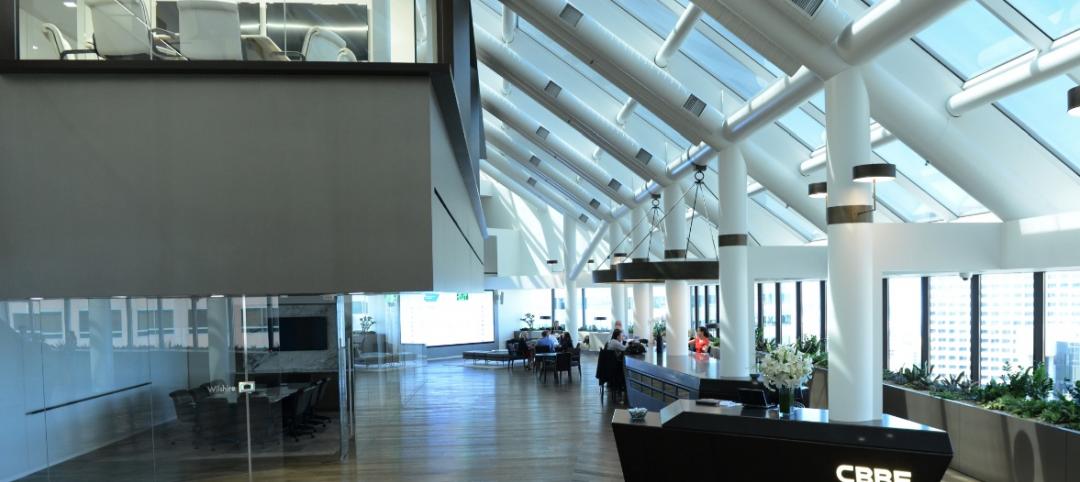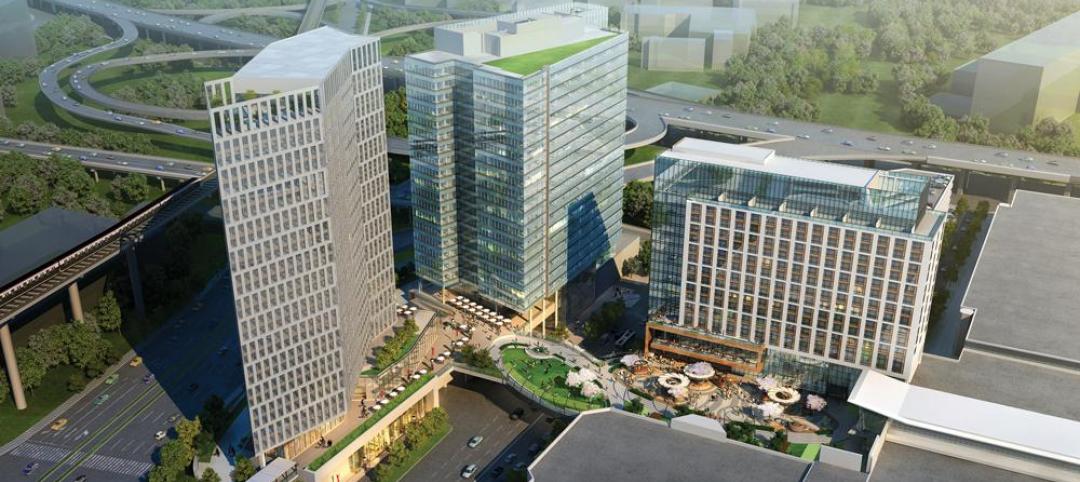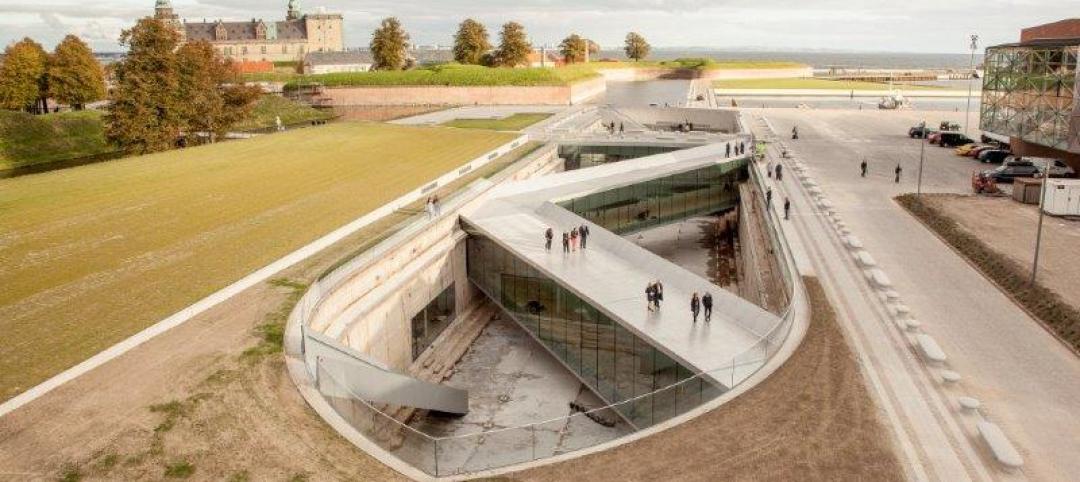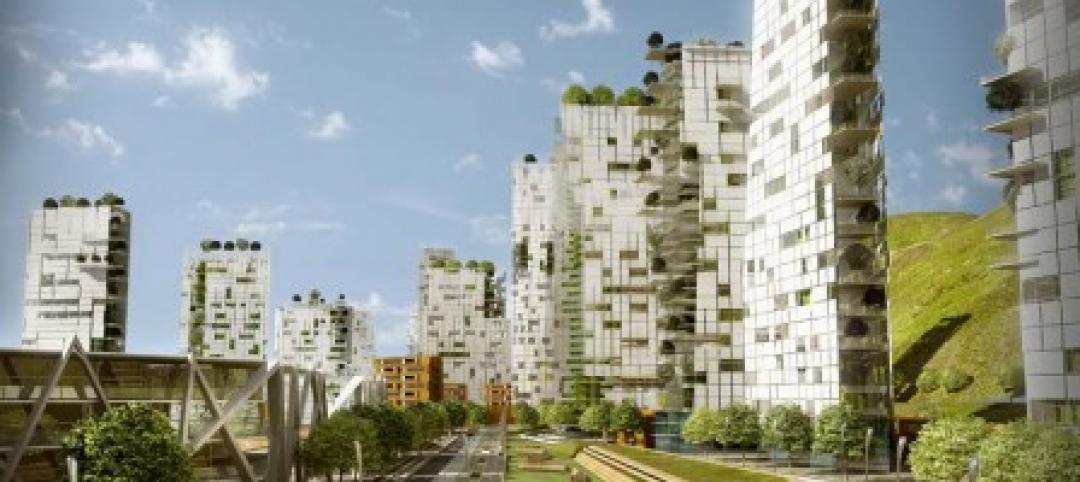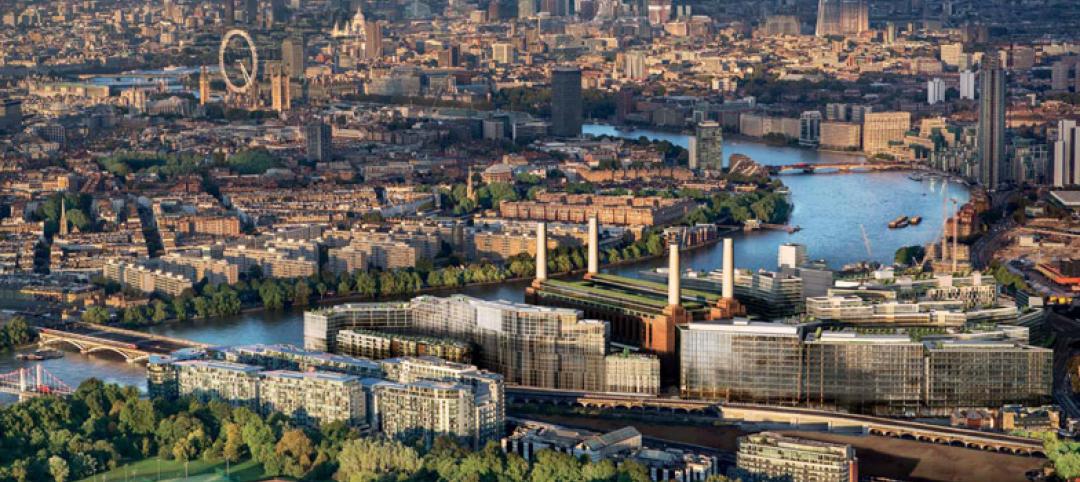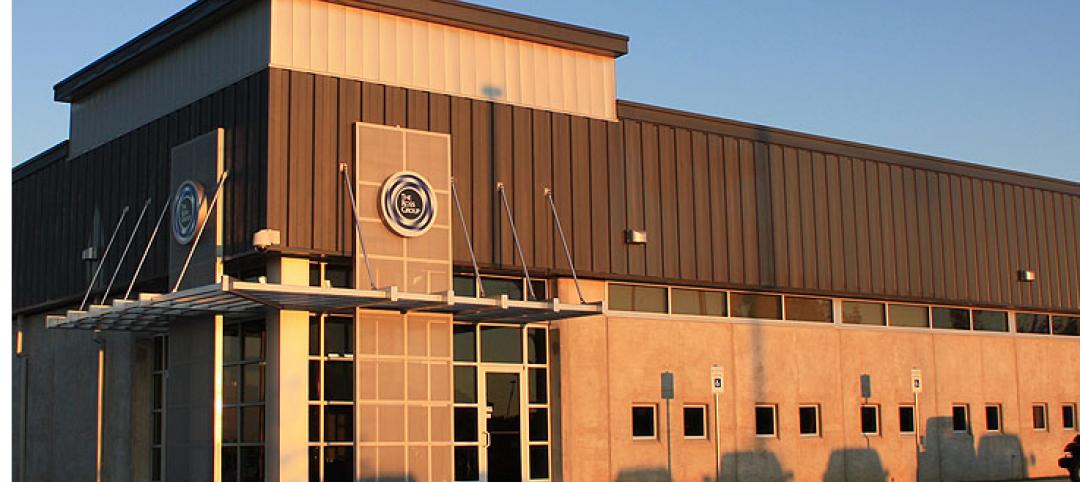According to Associated Builders and Contractors (ABC), the Construction Backlog Indicator (CBI) for the fourth quarter of 2014 declined 0.1 months, or 1%. Despite the quarter-over-quarter decline, backlog ended the year at 8.7 months, which is still 4.4% higher than one year ago.
"Inconsistent growth in the volume of public work continues to suppress the pace of nonresidential construction; however, private construction momentum continues to build," said ABC Chief Economist Anirban Basu. "With hotel occupancy rising, office vacancy falling and demand for data climbing exponentially, a number of key private segments are positioned for rapid growth in construction spending this year.
"There are a number of factors that are likely to be beneficial to nonresidential contractors in 2015," said Basu. "First, although interest rates were expected to rise after the Federal Reserve ended its third round of quantitative easing, they have actually been trending lower—due to factors such as falling interest rates abroad and a strengthening U.S. dollar—which helps contractors with construction volume and borrowing costs. Second, materials prices have continued to fall—particularly inputs related to the price of oil, iron ore and copper. This also makes it more likely that construction projects will move forward and helps boost profit margins."
Regional Highlights
• Average backlog in the South is back above 9 months for the first time since the first quarter of 2014.
• Though backlog in the West fell sharply during 2014's final quarter, average backlog remains comparable to where it was a year ago.
• Both the Northeast and the Middle States registered levels of average backlog unseen during the history of the CBI survey.
Industry Highlights
• Average backlog in the commercial and institutional category is virtually unchanged over the past year, suggesting the pace of recovery will remain moderate overall.
• Infrastructure-related spending is likely to be brisk going forward primarily due to improved state and local government fiscal conditions.
• Heavy industrial average backlog remains in the vicinity of multi-year highs, but these readings do not fully reflect the impact of a stronger U.S. dollar, which may result in a slowdown in export growth and an associated softening in industrial investment.
Highlights by Company Size
• During the fourth quarter, backlog expanded for mid-sized companies with annual revenue ranging between $30 million-$100 million. These firms enjoyed approximately half a month expansion in their respective average backlogs during the fourth quarter.
• On the other hand, backlog for small firms (annual revenue less than $30 million) and very large firms (annual revenue greater than $100 million) declined 0.2 months and 0.5 months, respectively.
• Large firms appear to have been impacted by a slowdown in large project infrastructure spending in certain parts of the country, while smaller firms have been impacted by greater observed difficulty in obtaining bonding for projects in the context of accelerating small firm failure.
• Average backlog has increased by nearly three months or by more than three months for all firm size categories since the fourth quarter of 2009.
Related Stories
| Oct 31, 2013
CBRE's bold experiment: 200-person office with no assigned desks [slideshow]
In an effort to reduce rent costs, real estate brokerage firm CBRE created its first completely "untethered" office in Los Angeles, where assigned desks and offices are replaced with flexible workspaces.
| Oct 30, 2013
15 stellar historic preservation, adaptive reuse, and renovation projects
The winners of the 2013 Reconstruction Awards showcase the best work of distinguished Building Teams, encompassing historic preservation, adaptive reuse, and renovations and additions.
| Oct 30, 2013
11 hot BIM/VDC topics for 2013
If you like to geek out on building information modeling and virtual design and construction, you should enjoy this overview of the top BIM/VDC topics.
| Oct 29, 2013
Increased backlogs, margins lead to renewed optimism in global construction
After prolonged economic uncertainty, a majority of executives in the global engineering and construction sector have fresh confidence in the growth prospects for the industry, according to KPMG International's 2013 Global Construction Survey. A general increase in backlogs and margins is giving cause for optimism across the industry, with further growth anticipated.
| Oct 29, 2013
BIG opens subterranean Danish National Maritime Museum [slideshow]
BIG (Bjarke Ingels Group) has completed the Danish National Maritime Museum in Helsingør. By marrying the crucial historic elements with an innovative concept of galleries and way-finding, BIG’s renovation scheme reflects Denmark's historical and contemporary role as one of the world's leading maritime nations.
| Oct 28, 2013
Urban growth doesn’t have to destroy nature—it can work with it
Our collective desire to live in cities has never been stronger. According to the World Health Organization, 60% of the world’s population will live in a city by 2030. As urban populations swell, what people demand from their cities is evolving.
| Oct 28, 2013
Metal roofs are topping more urban dwellings
Given their durability and ease of use, metal roofs have been a common feature on rural houses for decades. Now they’re becoming an increasingly popular choice on urban dwellings as well.
| Oct 25, 2013
Hoffmann Architects announces launch of U.S. Capitol Dome restoration
The Architect of the Capitol will undertake comprehensive restoration of the 150-year-old cast iron Dome, which has not undergone a complete restoration since 1959-1960.
| Oct 23, 2013
Gehry, Foster join Battersea Power Station redevelopment
Norman Foster and Frank Gehry have been selected to design a retail section within the £8 billion redevelopment of Battersea Power Station in London.
| Oct 23, 2013
Some lesser-known benefits of metal buildings
While the durability of metal as a construction material is widely recognized, some of its other advantages are less commonly acknowledged and appreciated.


